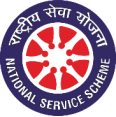
National Service Scheme (NSS)
Dada Ramchand Bakhru Sindhu Mahavidyalaya has a NSS unit of 150 students as volunteers since 2001 with a goal of “Education through Community Service and Community service through Education”. The motto of NSS is “Not Me But You”. The NSS is part of our academic, social, and personal life as it is the third dimension of education. Our Volunteers work hard to provide every possible help to the needy persons of society so that they can enhance their livings and lead life with dignity. In doing so the volunteers themselves learn a lot like how to struggle and how to lead a happy life in the extreme scarcity of resources. It allows the students to actively contribute their services for the cause of the community and the nation, thus helping them to develop their personality. NSS is the platform where students may get involved with real-life social activities and thereby become responsible citizens of India.
The enthusiastic students of the NSS team at DRB Sindhu Mahavidyalaya have been actively working towards creating awareness on a variety of crucial issues.Various events conducted by NSS unit each year are Health camps such as Eye Checkup Camp, Blood Donation Camp, CPR demonstration, thalassemia and sickle cell checkups camps and awareness sessions, etc. We also organise many activities for the awareness of various social issues such as Human trafficking, child labour, Anti-addictions, Beggers in society, traffic awareness, and many more through Guest lectures, workshops, street plays, poster competitions, debates, video makings, PPT presentations competitions etc. We also conduct cleanliness drives and Nirmalya Sankalan with the motto of creating awareness with respect to general hygiene. Our team is always ready to give services to the society where it is required like serving at the burnt site of Beltirodi, Joy of Giving, services in various social camps which are organized for the welfare of society and May more….
Objectives of National Service Scheme
- To enable the students to understand the community in which they work.
- To understand themselves in relation to their community.
- To identify the needs and problems of the community and involve them in problem solving process.
- To develop among themselves a sense of social and civic responsibility.
- To utilize their knowledge in finding practical solutions to individual and community problems.
- To develop competence required for group-living and sharing of responsibilities.
- To Gain skills in mobilizing community participation.
- To acquire leadership qualities and democratic attitude.
- To develop capacity to meet emergencies and national disasters.
- To practice national integration and social harmony.
Composition of cell
Program Officers
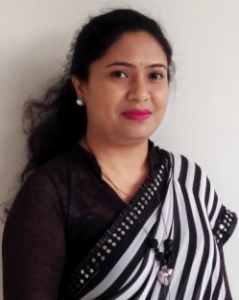 |
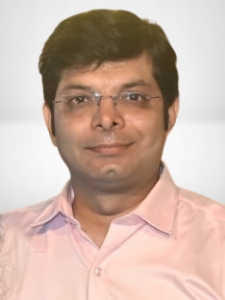 |
| Dr Pooja Mohobe | Dr Amit Nanwani |
Our Team
| Dr. Satish Tewani | Dr Sunil Dahire |
| Dr. Avish Patil | Dr. Ragini Marganwar |
| Mr. Vicky Nimje | Dr. Kapil Fulwani |
| Ms. Babita Yadao | Dr. Richa Kalyani |
| Dr Rupali Wanjari | Dr. Himani Pandhurnekar |
Gallery
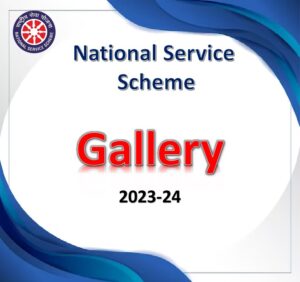 |
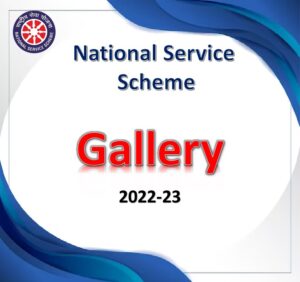 |
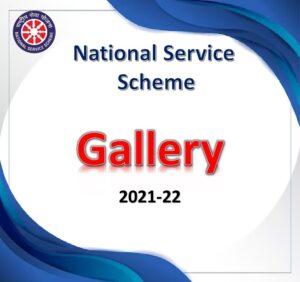 |
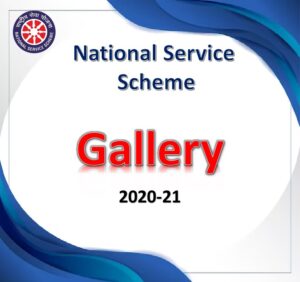 |
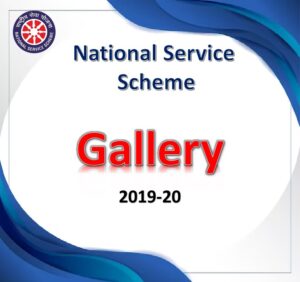 |
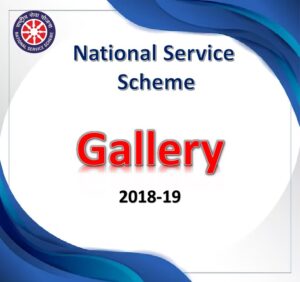 |
aaaaa

